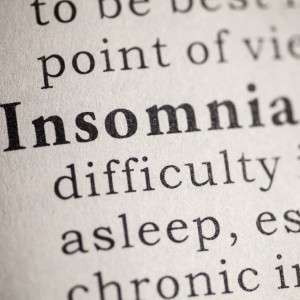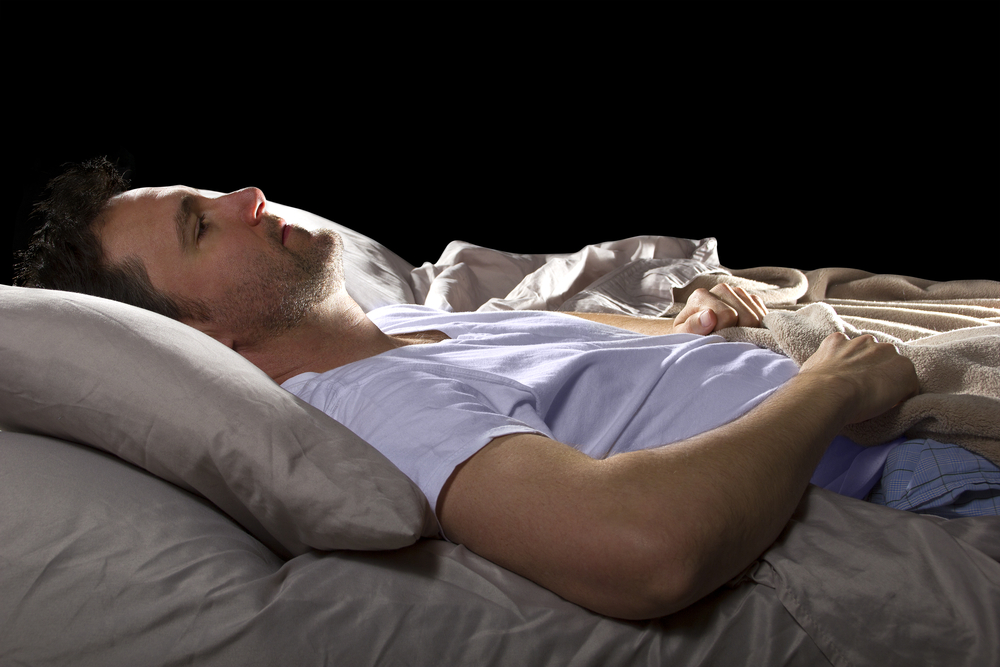 According to a recent study presented during the Nursing Symposium at the 2015 American Stroke Association’s International Stroke Conference among stroke survivors, depression is a predictor of night-time sleep disturbances.
According to a recent study presented during the Nursing Symposium at the 2015 American Stroke Association’s International Stroke Conference among stroke survivors, depression is a predictor of night-time sleep disturbances.
Depression is one of the most common mental disorders in the United States. According to the World Health Organization (2010), depression also carries the heaviest burden of disability among mental and behavioral disorders. Specifically, depression accounts for 3.7% of all U.S disability-adjusted life years and 8.3% of all U.S years lived with disability. According to the results presented by the researchers Seoul National University, among stroke survivors, depression is a predictor of night-time sleep disturbances. Sleep disturbances are changes in sleeping patterns or habits that can include excessive daytime sleepiness, irregular breathing or increased movement during sleep, difficulty sleeping, and abnormal sleep behaviors. Sleep disturbances are related with poor health status after stroke.
To examine how depression and fatigue could affect disturbances in sleep after stroke, Smi Choi Kwon, Ph.D., R.N. from Seoul National University in Korea and colleagues examined a total of 282 patients that were hospitalized due to stroke. Then they assess patients three months after stroke. At baseline one-fifth of the patients suffered from sleep disturbances, having reported to sleep less than 6 hours per night.
A total of 199 patients participated in the three-month follow up. From these, 44% still reported suffering from disturbances in their sleep at night. Data analysis revealed that depression was associated with sleep disturbances at night, and that sleepiness during the day was related with female gender, fatigue and brain lesion size.
Researchers also found that a prior to their stroke 39% of the patients referred suffering from sleepiness during the day. From a total of 54 patients that were monitored, researchers observed that the quality of their night-time sleep was related with the cerebral cortex, area of the brain that was affected by their stroke, and that is also the area of the brain related with depression, sensory and motor function.
An increase in sleepiness during the day was related with fatigue and subcortical lesions and quality of the sleep during night-time. The researchers also found that subcortical strokes occur when particular arteries within the brain were also affected.


